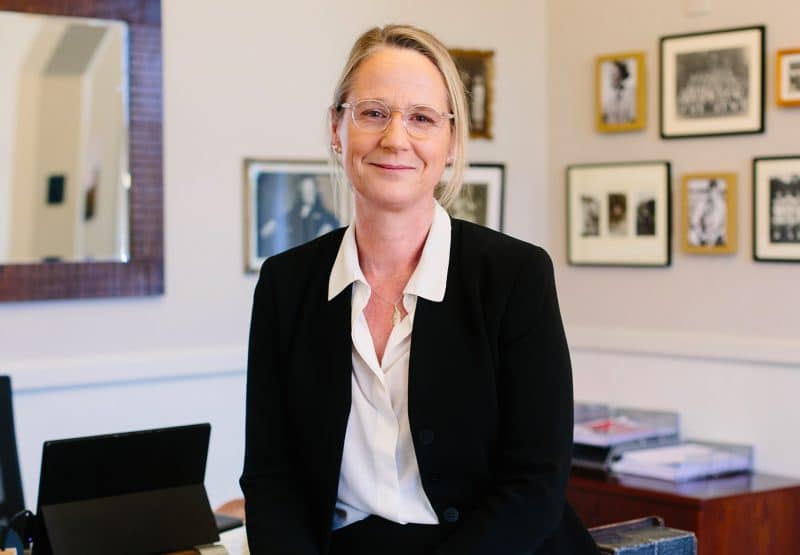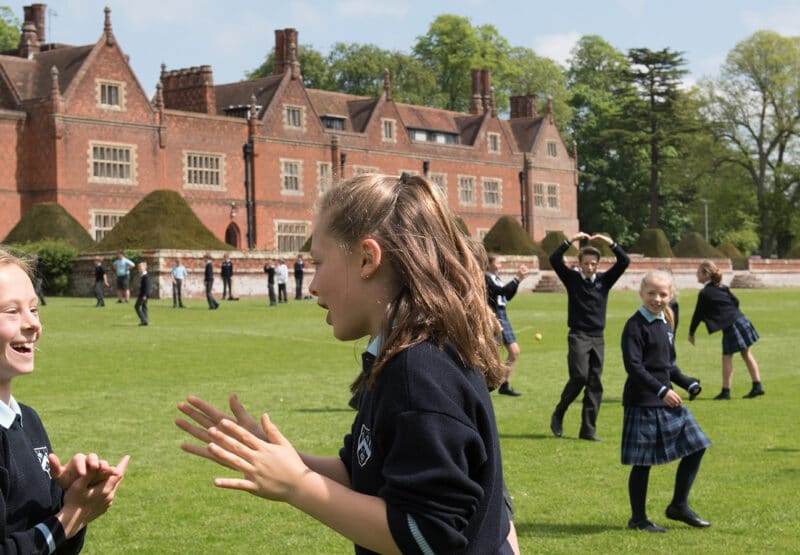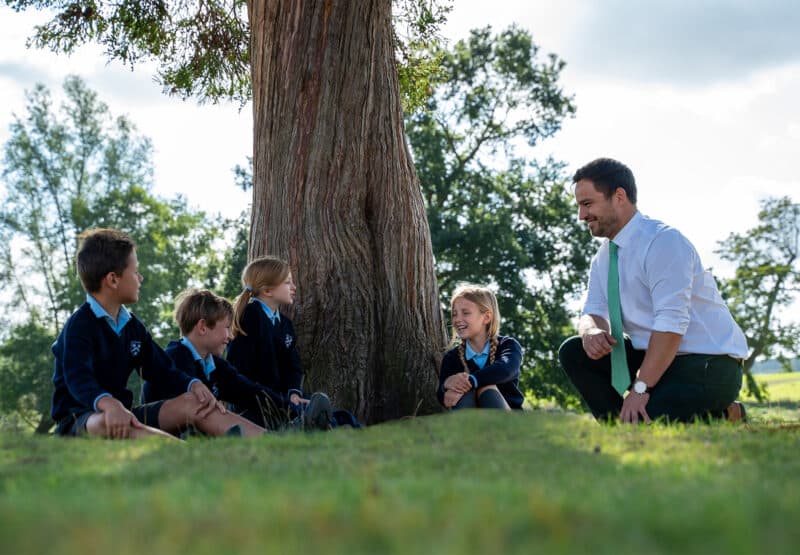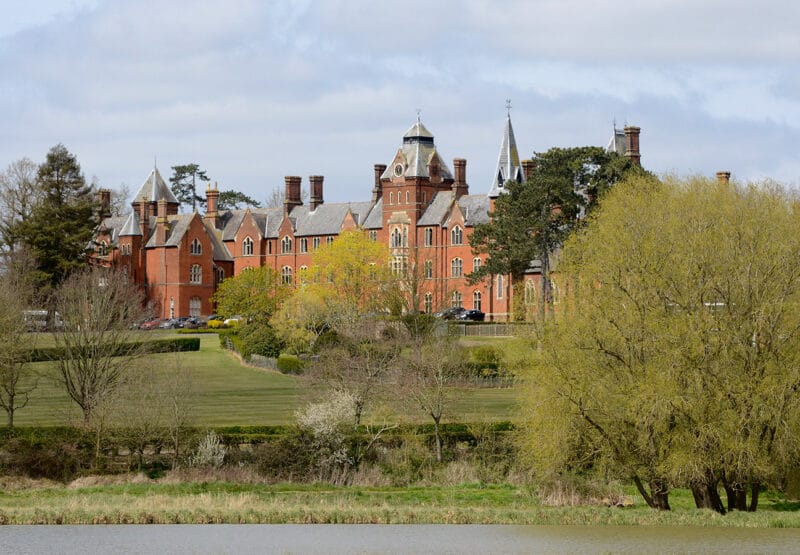Framlingham College is a community-minded institution with a truly global outlook. This culture is mirrored in the opinions, ambitions and actions of our staff as well as our pupils.
For generations, Framlingham College has fostered a reputation of generosity and fairness in the local area and continues play an active role in the community by consistently building on its aspirational outreach programme.
Local Nurseries, Childminders & Pre-Schools
Set within 23 acres of green fields and woodland, Framlingham College Prep school proudly makes its stunning facilities available to the local pre-school community, which continues to benefit from the Prep school’s Forest School status. The local Mother and Toddler Group frequently use our woodland setting and College staff run sessions for the group on site too. But our outreach programme is as much about sharing expertise as sharing access to our facilities, which is why we continue to support the management of St Mary’s Pre-School in nearby Ipswich as well as offering support and consultancy for other pre-schools in our area.
Local Primary Schools
Framlingham College is committed to supporting sport in our area and is regularly a venue for swimming galas and cross-country events for local primary schools as well as regional athletics championships. Sir Robert Hitcham’s CEVA Primary is a short distance away from the Senior School and our language assistants help with their international programme. The school’s annual drama production is also hosted in our theatre.
Local Secondary Schools and Academies
One of our proudest local partnerships continues to be the relationship we enjoy with Ormiston Endeavour Academy in Ipswich. This blossoming relationship has helped Ormiston offer DofE to its pupils and gain bursaries for Sixth Form at Framlingham. We also work closely with local secondary schools including Thomas Mills High School, Farlingaye High School and Alde Valley School through nationally recognised physics, mathematics, and music examination programmes, which are open to pupils of all local secondary schools. From a sporting perspective, we also offer elite cricket and tennis coaching so local pupils can benefit from our state-of-the-art on-site sporting facilities.
Our Local Community
Every year over 10,000 volunteering hours are completed in activities that range from running the Framlingham Community Garden project, dog-walking and litter picking to visiting elderly residents, helping in charity shops and helping disabled youngsters and adults.
We have set up Suffolk’s first Phab Club for young disabled people and their parents. This is part of a national organisation committed to bringing people together of all abilities on equal term, breaking down community barriers, reducing social isolation, and creating opportunities for disabled people to enjoy the same activities and challenges as non-disabled people, side-by-side.
Being a part of the College Phab Club allows me to give back to the community in so many ways, but most importantly, working with our guests and seeing them interacting with the activities we plan, is inspiring for everyone.”
ROSE DORBER, year 12
Communities Abroad
During our ‘Journey of Self-Discovery’ trips, our pupils engage in community projects all over the world, while enhancing their knowledge of other cultures with first-hand experience. Pupils have been involved with building water towers for villages in the Borneo jungle, rebuilding a school in Uganda, teaching children in Botswana and building roads for a remote community in Vietnam. Our staff also regularly spend their holidays volunteering with charities to help develop teaching techniques and share expertise in the developing world.
Case Study
Rogbonko School, Sierra Leone
Rogbonko village, in Temne, Sierra Leone, has a desperately troubled recent history with civil war engulfing the country and economic decline destroying the hopes of the villagers. Farmers who remained in the village were desperate for a better life for their children and knew education was their only pathway to this. The Rogbonko Project was founded after a village meeting and the Rogbonko School was the first initiative of this highly successful project which has since brought infrastructure and healthcare to the villagers.
The College has supported Rogbonko School from the outset and has a close association with Rogbonko and the trustees. Over £12,000 has been raised using the annual proceeds from the Year 8 Fete.





